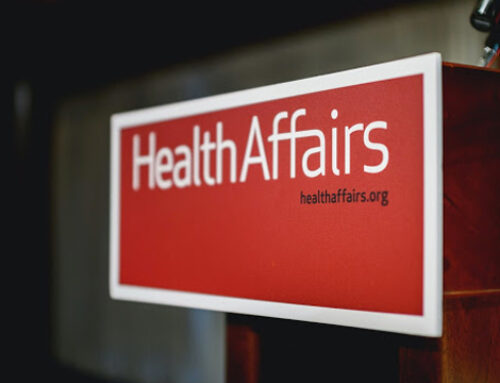CENTER UPDATE | November 2022
Happy Holidays!
We are grateful for your continued support and wish you all the joys of the season
In this Issue:
- One-Fourth of Disadvantaged Patients Don’t Undergo Follow-Up Imaging
- Racial & Ethnic Minorities Experienced More Non-Cost Related Barriers to Healthcare
- HHS Office of Civil Rights Seeks Input on the Health Equity Impact
- Out-of-Pocket Health Care Spending: A Second Opinion About Rising Costs
- The Impact of HDHPs on Service Use and Spending for Substance Use Disorders
- Low-Value Prostate-Specific Antigen Test for Prostate Cancer Screening
- Medicare 2.0: A Vision for the Future of America’s Health Insurance Plan
- Over 1 Million Americans with Diabetes Rationed Insulin in 2021
- Patients Sensitive to Out-of-Pocket Costs When Making Decisions About Medications
- MA V-BID Pilot Could Pave the Way For Broader Implementation
- The ACA’s Preventive Services Benefit Is in Jeopardy
- Millions of Americans Have Health Insurance That Isn’t ‘Good Enough’


One-Fourth of Disadvantaged Patients Don't Undergo Follow-Up Imaging
Researchers have found that socioeconomically disadvantaged patients are at increased risk of failure to undergo recommended follow-up imaging that referrers deemed clinically necessary. 25% of patients included in the study did not undergo recommended follow-up imaging. Factors associated with lack of follow up included living in a socioeconomically disadvantaged neighborhood, the referrer’s surgical specialty, and care settings.
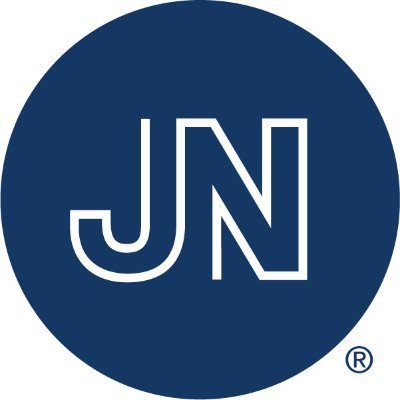
Racial & Ethnic Minorities Experienced More Non-Cost Related Barriers to Healthcare
A 20-year cross-sectional study uncovered 5 barriers to timely medical care – that are not directly related to cost of care – increased across all race and ethnicity groups. The 5 non-cost related barriers to medical care include inability to get through by telephone, no appointment available soon enough, long wait times, inconvenient office or clinic hours, and lack of transportation. Barriers were significantly higher among Black and Hispanic/Latino individuals who were more likely to report experiencing long waiting times and lack of transportation.

HHS Office of Civil Rights Seeks Input on the Impact of Payers’ Value Assessments on Health Equity
A recent CHIRblog discusses an August Notice of Proposed Rulemaking released by the Department of Health and Human Services’ Office of Civil Rights, which determined that certain value assessment methodologies may violate the anti-discrimination rule of the ACA (Section 1557). The article offers commentary on potential bias in the analytic underpinnings of value assessment and possible alternatives.


Out-of-Pocket Health Care Spending: A Second Opinion About Rising Costs
A new EBRI analysis of medical claims found that total out-of-pocket medical expenditures paid by patients increased from 17.4% to 19% between 2013 and 2019. The data suggests that individuals covered by workplace-sponsored plans are bearing a greater share of their medical expenditures. Authors did observe a decrease to 16.2% in 2020, most likely a result of patients delaying and canceling care due to the pandemic.
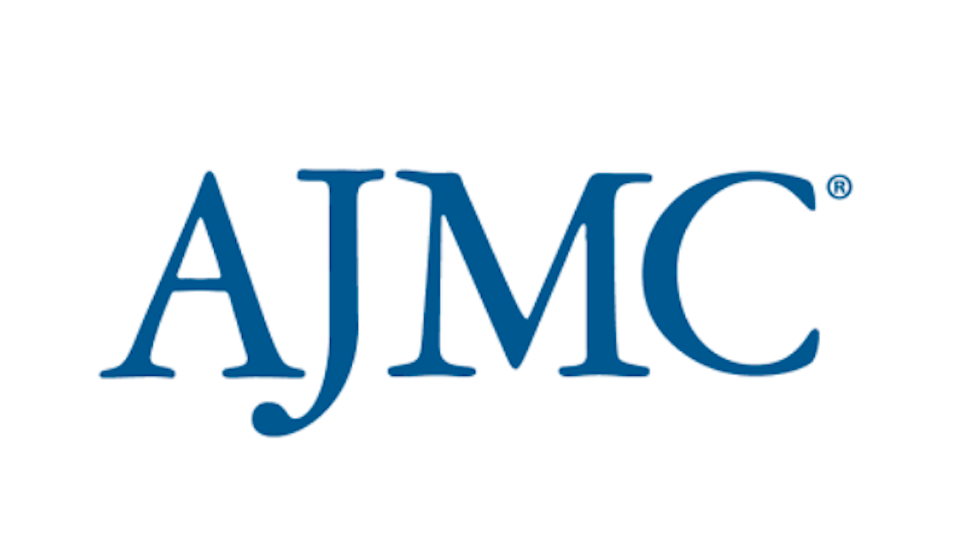
The Impact of HDHPs on Service Use and Spending for Substance Use Disorders
An AJMC study presents evidence that individuals who were offered a high-deductible health plan used fewer services for substance use disorder care, which led to a shift in spending from the plan to the enrollee. Authors contend that the movement toward HDHPs may be exacerbating undertreatment of substance use disorder.
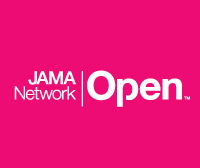
Low-Value Prostate-Specific Antigen Test for Prostate Cancer Screening and Subsequent Health Care Utilization and Spending
According to recent research, 38% of men aged 70 and above received a low-value PSA cancer screening and 62.8% received at least 1 follow-up service. Every $1 spent on low-value PSA screening generated an additional $6 in follow-up care, and low-value screening was prevalent among Medicare Advantage beneficiaries. Authors point to innovative payment reform strategies as a way to reduce low-value care, avoid care cascades, decrease harm, enhance equity, and improve health care efficiency.

Medicare 2.0: A Vision for the Future of America’s Health Insurance Plan
A JAMA viewpoint released last week proposes 5 reforms to the traditional Medicare program that address health care challenges comprehensively, cost-effectively, and equitably. The recommendations include:
- Transform and simplify traditional Medicare into a single, comprehensive plan
- Reduce patient out-of-pocket costs to minimize or eliminate financial barriers to care
- Modernize prescription drug policy
- Place primary care at the center of the health care system
- Reinvent Medicare as an agency that finances population health by integrating social investments into the Medicare mission and directing resources to respond to health inequities

Over 1 Million Americans with Diabetes Rationed Insulin in 2021
A study analyzing the CDC’s 2021 National Health Interview Survey (NHIS) found that 1.3 million Americans with diabetes (16.5%) rationed their use of insulin in the past year, skipping, delaying, or taking a smaller dose than needed. A summary of the study notes that the price of insulin has tripled in the last decade, and rationing is attributed to cost and inadequate insurance coverage;
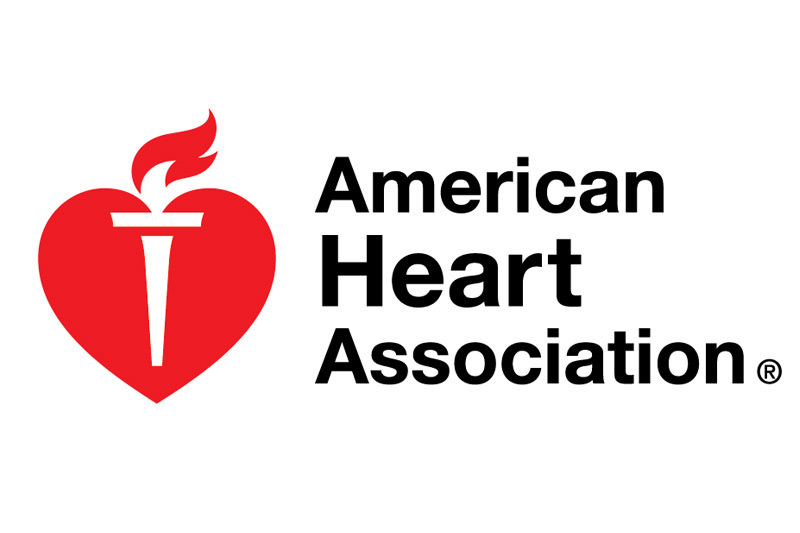
Patients Sensitive to Out-of-Pocket Costs When Making Decisions About Medications
In a survey of more than 1,000 heart disease patients, participants were presented with theoretical cases of varying cost-sharing for sacubitril/valsartan, a medication used to treat heart failure. Researchers found that 85% were willing to pay $10 per month, 62% were willing to pay $50 per month, and 33% were willing to pay $100 per month. Cost-priming also increased willingness to take sacubitril/valsartan.

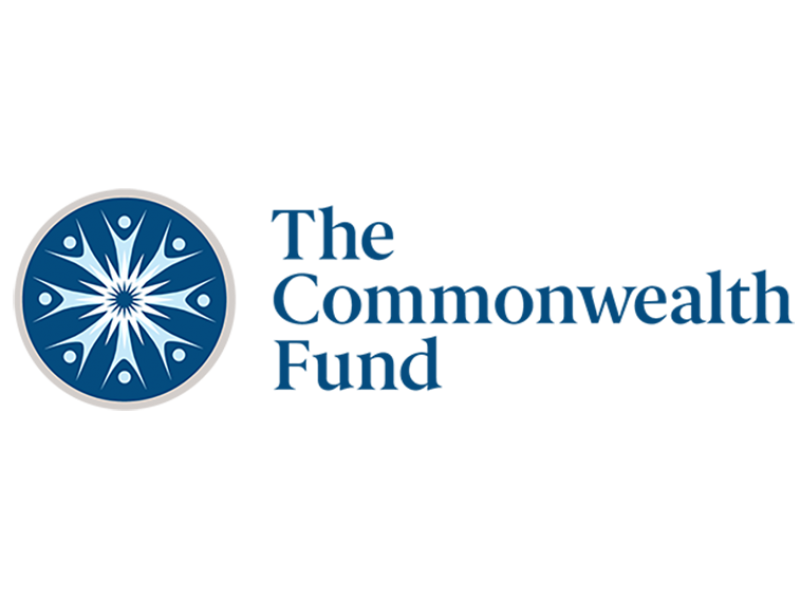
The ACA’s Preventive Services Benefit Is in Jeopardy: What Can States Do to Preserve Access?
Authors of a recent Commonwealth Fund blog post suggest that states should codify no-cost access to preventive services in their fully insured markets ahead of an official ruling in U.S. Supreme Court case Braidwood v. Becerra. 15 states already have laws in place that require insurers to cover the same preventive services required by the ACA at no-cost to the patient.

Medicare’s Value-Based Insurance Design Pilot Could Pave Way For Broader Implementation
Following an executive order on lowering prescription drug costs for Americans last month, a Forbes article examines opportunities to expand value-based insurance design to the public and commercial sectors. The application of V-BID in programs such as the MA V-BID Model has reduced financial and other barriers to high-value medical interventions, improved medication adherence, and lowered healthcare spending.

Millions of Americans Have Health Insurance That Isn’t ‘Good Enough’
An op-ed authored by David Blumenthal and Sara Collins addresses the increasingly prevalent issue of underinsurance in America, which often leads to medical debt and barriers to access and affordability of care. Authors discuss potential multi-stakeholder solutions, including health care payment reform that emphasizes the value of care.
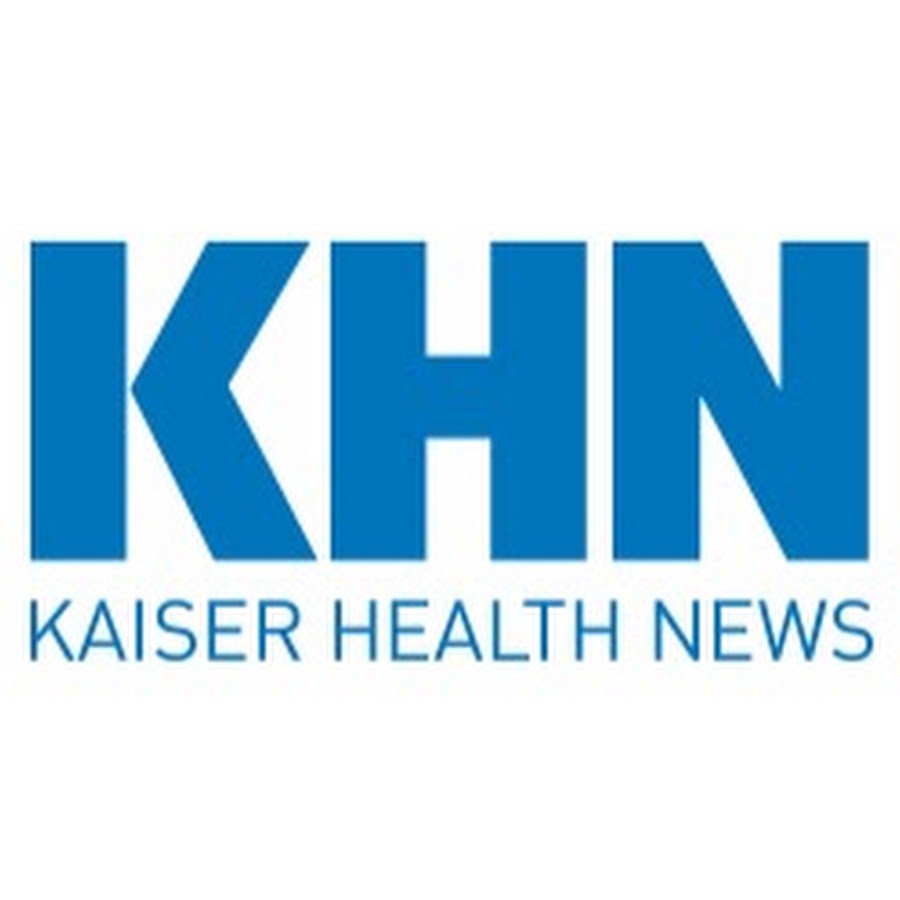
Cash for Colonoscopies: Colorado Tries to Lower Health Costs Through Incentives
As part of the Colorado Health Purchasing Alliance initiative, Colorado state employees who choose lower-cost and higher-quality providers will receive payment for a portion of the savings. This includes preventive services like colonoscopies, which have no copay. The goal of the program is to encourage employers and employees to make better choices and force health systems in the state to cut their rates.
Please Help Support the V-BID Center
As we near the end of 2022, we recognize our accomplishments over the past year and look ahead to all we can achieve at the University of Michigan Center for Value-Based Insurance Design. Generosity from collaborators and friends like you allows us to remain focused on equity enhancing programs that improve access and affordability to essential clinical services
You will play an essential role in the future success of the V-BID Center by making a gift today. Thank you for your support.






